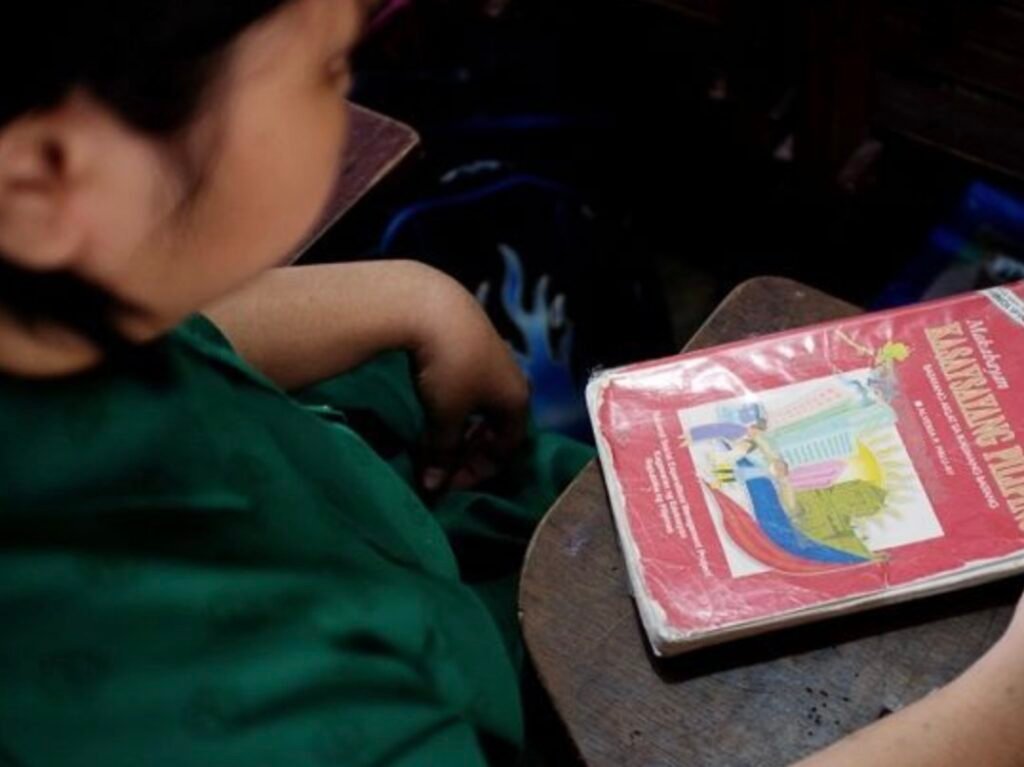The Philippines is facing a deepening learning crisis as nearly 4.5 million Grade 1 to 3 learners remain unable to meet basic literacy standards, the Second Congressional Commission on Education (EDCOM II) reported Tuesday.
In a joint briefing before the House Committees on Higher and Technical Education and on Basic Education and Culture, EDCOM II Executive Director, Dr. Karol Mark Yee warned that Filipino children were “falling behind very early on because of weak foundations.”
Data from the Comprehensive Rapid Literacy Assessment (CRLA) for school year 2025-2026 — which all Grade 1 to 3 students were required to take from June to July — showed that 33.42% of learners, or one in three, are “low emerging readers.”
“These children can only decode three out of 10 simple words,” he said. Low emerging readers also know only a few letter sounds, can recall simple facts, but are unable to explain character motivations or predict story events.
The same assessment found that:
- 30.87% are “transitioning readers,” not yet proficient but showing potential for grade-level improvement.
- 12.39% are “developing readers.”
- Only 14.47% are reading at grade level.
Apart from literacy, early numeracy has also emerged as a serious concern. By the end of the last school year, Grade 3 students continued to struggle with basic operations and geometry, underscoring the wide learning gaps in foundational math skills.
“Most students are already two to three years behind curriculum expectations in Grade 3,” the commission said, citing a forthcoming UNICEF study that found half of Grade 4 learners performing only at the Grade 1 to 2 level. The COVID-19 pandemic further widened these gaps.
EDCOM 2 stressed that these weak foundations are directly linked to poor outcomes later on: one in ten Grade 5 pupils cannot read, the country ranked last among 58 nations in Grade 4 math and science under TIMSS 2019, and Filipino 15-year-olds scored lowest globally in reading, math, and science in PISA 2018 and 2022.
Lawmakers said the findings highlighted the urgency of targeted interventions in early grade literacy and numeracy, warning that without strong foundational skills, Filipino students will continue to struggle through higher levels of education and into the workforce. –NB, GMA Integrated News











